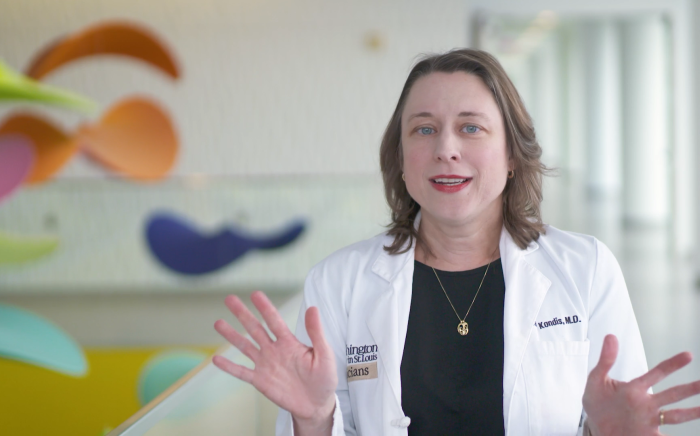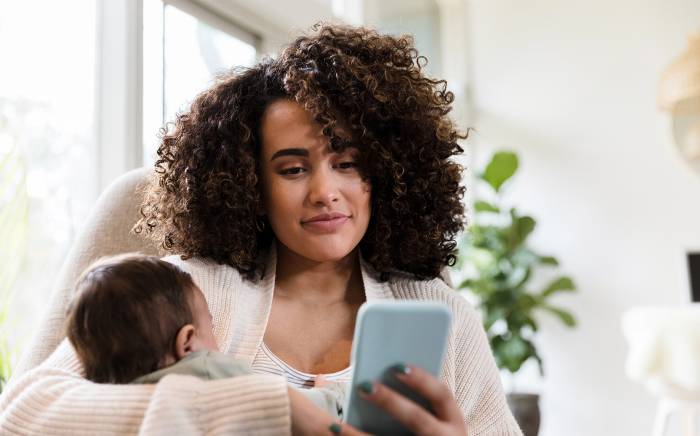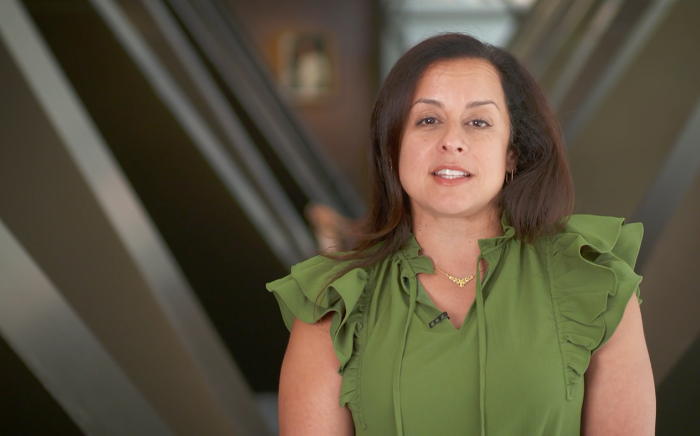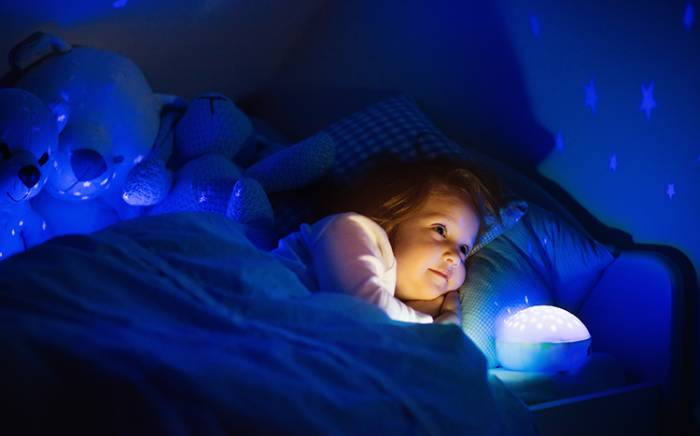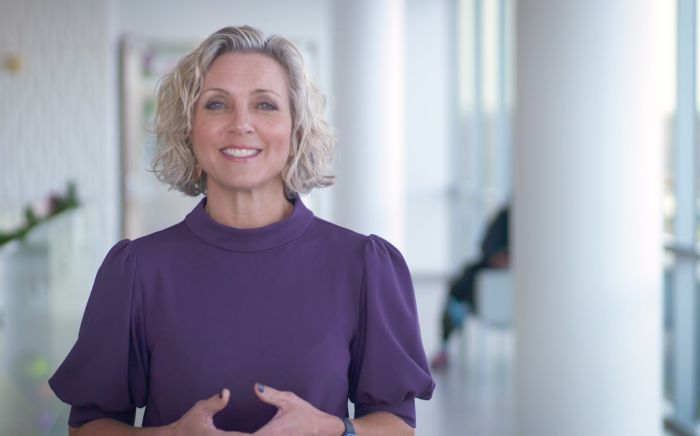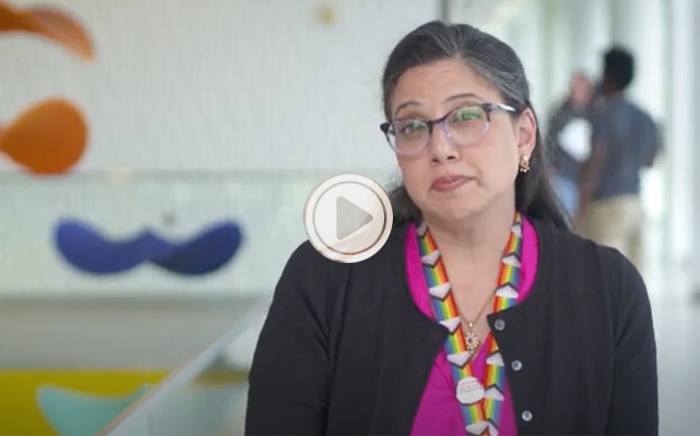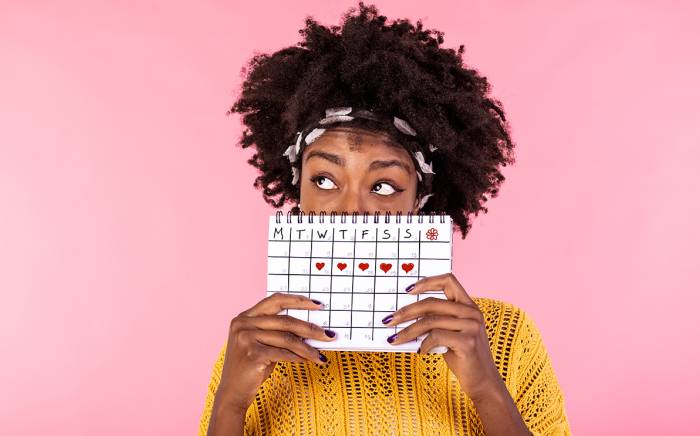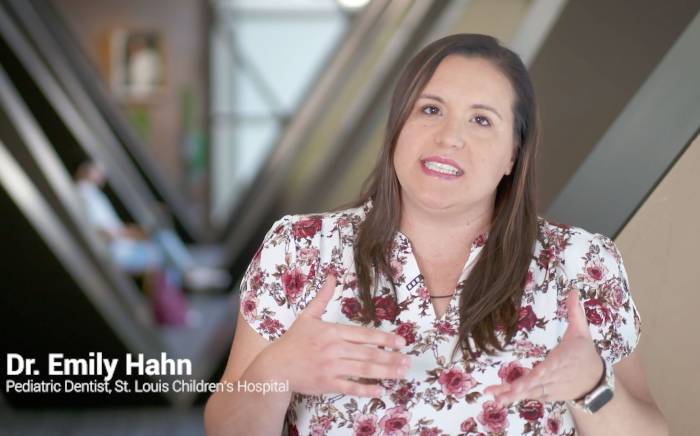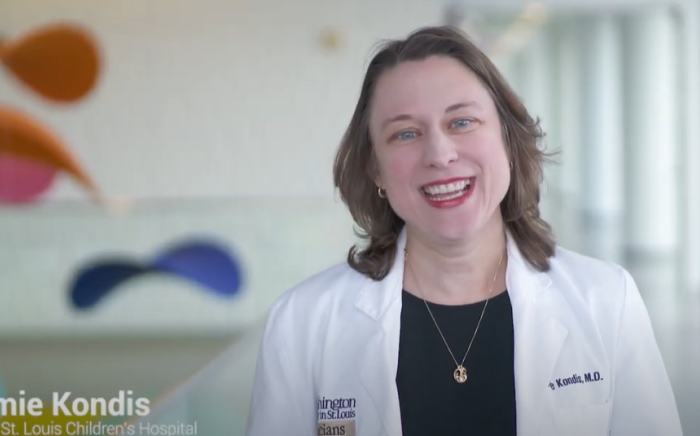Poisoning is a very real danger for children, especially for those between 6 months and 5 years. About 90 percent of poisonings occur at home. Many poisonings occur around mealtime, when children are hungry and parents are distracted. Other danger zones are when there are changes in routine, including during holidays, illnesses, moving, vacations, stressful times and celebrations.
The most dangerous poisons are medicines and iron pills. Of the various medications, diet pills and vitamins, sometimes all it takes is one pill to poison a small child.
You may not be able to eliminate everything in your home that can poison a child, especially with medications. But the key is to store and use potential poisons safely.
Poison Prevention Tips
- Store all medicines and household products, detergents, bleaches and cleaning supplies where children can’t see or reach them.
- Vitamins can be poisonous in large doses, so take the same precautions you would with medicines.
- Don’t take your medicine when small children are watching.
- Don’t call medicine candy.
- Never leave your purse out if it has medicines in it. Kids often associate mom’s purse with candy and gum and may eat what they find.
- Remember, child-resistant packaging doesn’t mean child-proof. So don’t rely on packaging to keep children out of medicines and products.
- Cosmetic items like nail polish remover can be poisonous, too, so keep them locked up or out of reach.
- Keep plants out of reach to avoid poisoning — even if you think the plant is non-poisonous.
- If using a poison like a cleaning product or medicine when a child is around, take it with you to answer the door or the phone.
- Don’t keep poisonous products and food in the same cabinet.
- Keep in mind children over 2 can be stealthy climbers and reach upper cabinets.
- Install safety locks on cabinet doors. But remember, these aren’t always child-proof. However, they may at least slow a child down.
- Store medicines, household products, and other poisons in their original containers to avoid dangerous mix-ups.
- Store insecticides and herbicides high and/or locked up in your garage.
- Watch small children outside around flowering plants, shrubbery with berries or lawn mushrooms, all of which can be poisonous.
- Teach your children to ask an adult before eating or drinking anything because poisons can look like food or drink.
For additional poison prevention tips, click here to access a Poison Safety Checklist for your home.
What If My Child is Poisoned?
Do not use syrup of ipecac. Old rules said to keep a bottle of this on hand to induce vomiting after poisoning, but that’s not the best advice anymore. Sometimes vomiting a poison can do more harm than good. In 2003, the American Academy of Pediatrics advised against using syrup of ipecac in the home and to toss any bottles you have. Never administer any antidote for poison without checking with a poison control center first.
If you suspect poisoning, remain calm. Then call the Poison Control Center immediately at 800.222.1222. Be ready to tell them your child’s age, height and weight, existing health conditions, as much as you know about what your child either swallowed, inhaled or got in his or her eyes, and if your child has vomited. Have the remaining solution or the bottle of the medicine or poison handy for reference when you’re on the phone. The medical professionals may ask you to estimate how much your child swallowed based on what’s left in the container.
Keep the Poison Center phone number near your phone. Again, if you think your child has been poisoned, call the Poison Center immediately at 800.222.1222.




